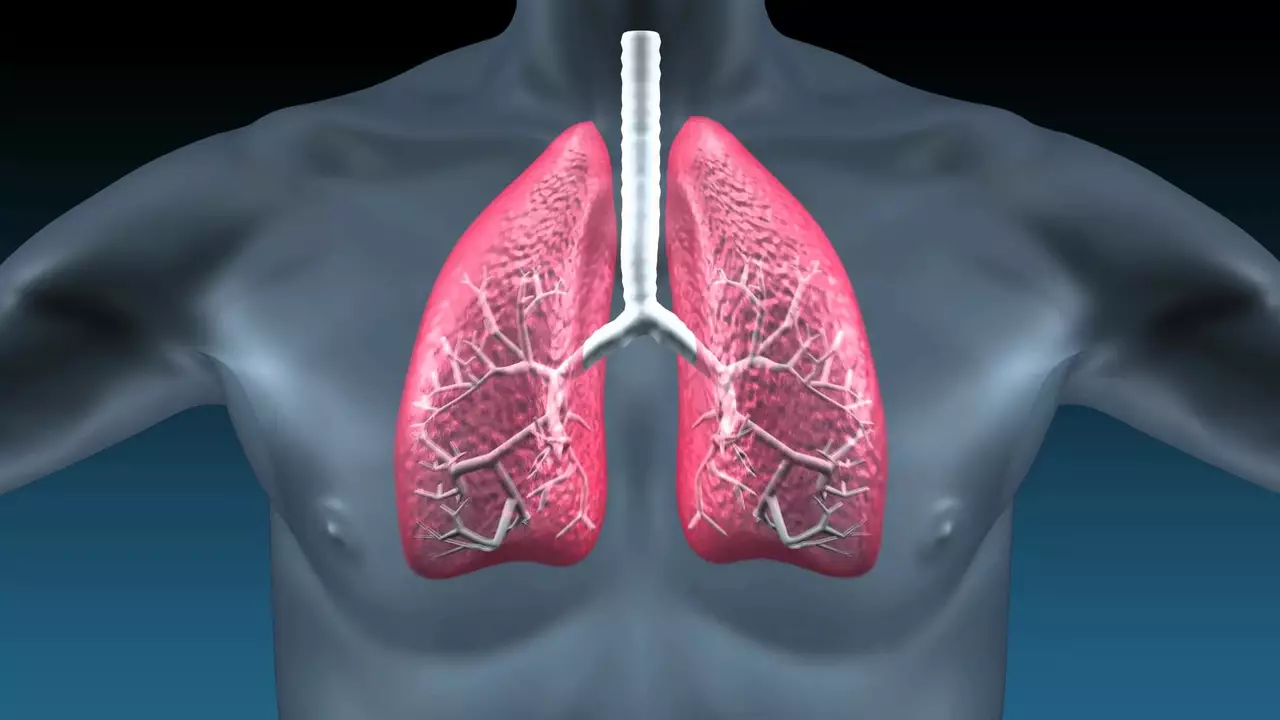Idiopathic Pulmonary Fibrosis – What You Need to Know
If you’ve heard the term idiopathic pulmonary fibrosis (IPF) and feel confused, you’re not alone. It’s a lung disease that makes tissue in the lungs stiff and thick, which hurts breathing. The word "idiopathic" just means doctors don’t know exactly why it starts. Below we break down the basics so you can recognize signs early and understand what treatments are available.
Common Symptoms
Most people with IPF notice a shortness of breath that gets worse over months. At first, you might feel winded after climbing stairs or walking briskly. A dry cough that never seems to go away is another red flag. Some report feeling unusually tired, especially after light activity. Because the scar tissue builds slowly, symptoms often start mild and are easy to dismiss as aging or a cold.
Treatment Paths
There’s no cure for IPF yet, but several options can slow its progress. Doctors may prescribe antifibrotic drugs like pirfenidone or nintedanib; these help reduce the rate of scarring. Oxygen therapy is common when breathing gets tough at rest or during sleep. Pulmonary rehab programs teach breathing exercises and safe ways to stay active without over‑exerting yourself. In severe cases, a lung transplant might be considered.
Lifestyle tweaks also matter. Quitting smoking is the single most important step because smoke speeds up scar formation. Staying hydrated, eating balanced meals, and avoiding air pollutants can keep lungs as healthy as possible. Regular check‑ups with a pulmonologist let you track lung function and adjust treatment before problems get serious.
When it comes to managing daily life, plan for short, frequent walks instead of long outings that leave you breathless. Use a portable oxygen tank if your doctor recommends it – many people find they can still enjoy hobbies with a little extra support. Don’t hesitate to ask friends or family for help with tasks that become hard, like grocery shopping or cleaning.
Emotional health is part of the picture too. Living with a chronic lung disease can be stressful, so talking to a counselor or joining an online IPF community can provide relief and practical tips from people who get what you’re going through.
Bottom line: early detection, consistent medication, and smart lifestyle choices give you the best chance to keep breathing easier for as long as possible. If any of these symptoms sound familiar, schedule a visit with your doctor and ask about a lung function test. Knowledge and action are your strongest allies against idiopathic pulmonary fibrosis.

The Importance of Patient Advocacy in the Idiopathic Pulmonary Fibrosis Community
As a member of the Idiopathic Pulmonary Fibrosis (IPF) community, I cannot stress enough the importance of patient advocacy. It's crucial for raising awareness, improving access to appropriate treatments, and supporting research for this rare lung disease. By sharing our stories, we can help educate healthcare professionals and the public about IPF, ultimately leading to better care and understanding. Additionally, by joining forces with organizations and other advocates, we can create a louder voice for change, pushing for policy improvements and increased research funding. Together, we can make a difference and create a brighter future for those living with IPF.